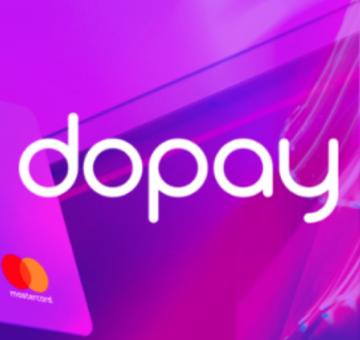Funding Entrepreneurship in Cairo (Part 2)

This article is part of the #urbaneconomies series originally published on progrss and commissioned by district coworking space.
One of the biggest challenges that those who work in the entrepreneurship support system grapple with is disentangling entrepreneurship from youth unemployment. While it is understandable that the government should want to find an easy fix for youth unemployment, which the UNDP estimates to be at 34% (the national average is 13.2%), years of positioning entrepreneurship as the solution has done more harm than good.
“The message that was sent in the first round of awareness about entrepreneurship in Egypt was that: unemployment is very high and you will not find work, so you should start your own business,” says Dalia Tadros, Executive Director of the Egyptian Private Equity Association (EPEA). Tadros explains that in the late 1990s and throughout the 2000s, the policy of entrepreneurship-as-cure-all was not uncommon, which entrenched the wrong definitions in a lot of people’s minds. This was particularly true among university students, where it became common to find “transient” entrepreneurs – including men waiting to find out if they have been drafted into the military and fresh graduates waiting to see if they would get accepted to the multinational positions that they applied to.
Ayman Ismail explains that the phenomenon of positioning entrepreneurship as the solution to unemployment is not exclusive to Egypt. He explains how countries like Spain and Greece have leveraged on entrepreneurship in an effort to combat their own youth unemployment rates, which soar as high as 40%. “In Egypt, youth unemployment ranges from 25-40%, depending on how you define it and when you measure it, so a lot of people think entrepreneurship is a way for youth to create their own jobs when the rest of the economy is not producing enough jobs for them. But that is not a fair argument, because if the business environment is open and growing, business will come, small and big,” he says.
Last year, the WEF questioned whether entrepreneurship can potentially solve the youth unemployment crisis globally. According to the WEF’s Job Creation and Youth Entrepreneurship 2015 Survey, 47% of entrepreneurs (and 77% of world-leading entrepreneurs) plan to increase the size of their workforce, compared to 29% of large corporations, making entrepreneurship especially attractive for governments looking to alleviate unemployment.
But in spite of the enthusiasm for SMEs and entrepreneurship on the government level, reality leaves a lot to be desired for entrepreneurs in Egypt. A confusing regulatory framework and taxation system coupled with the absence of venture-friendly legislation and clear taxation regulations (not to mention the absence of bankruptcy laws) means that many entrepreneurs struggle to assess the risks associated with venturing off the beaten path.
According to Tadros, one of the biggest challenges that entrepreneurs have to deal with is the lack of clarity of tax regulations. “Every entrepreneur in any country will complain about taxes, but the reality is, you get services from the government, so you pay taxes. But are the laws clear? For me, that’s the deal breaker,” she says.
Haytham Waguih, Head of Private Equity (PE) at the Arab African International Bank (AAIB) and board member of the Egyptian Private Equity Association (EPEA), agrees, noting that many entrepreneurs avoid being transparent to evade taxes – a problem that should be addressed by making tax laws friendlier to entrepreneurs. He explains that, while legislation represents one side of the problem, entrepreneurs’ willingness to manipulate the books in order to avoid paying taxes is another side of the problem – noting that this lack of transparency makes more conventional financial institutions wary of investing.
Stay tuned for part 3 of the second article in the #urbaneconomies series.
This article is brought to you by:







































































EgyptInnovate site is not responsible for the content of the comments